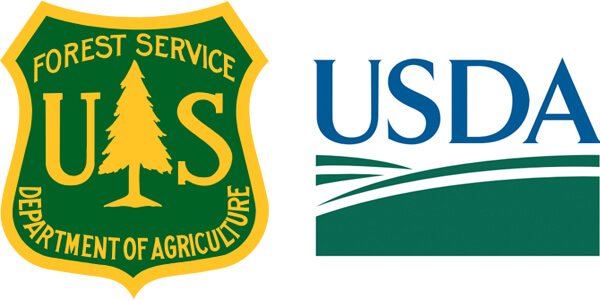What is a U.S. District Court Violation Notice?
If you are accused of committing a misdemeanor offense on federal land, you likely received a United States District Court Violation Notice. The charging document looks like a speeding ticket. It lists the date of offense, offense charged, place of offense, description of the offense, and your personal information. The notice also provides contact information for the Central Violations Bureau – a place to call and obtain your court date and information about your case. To be a federal misdemeanor offense, the alleged conduct ordinarily must be carried out on Federal property. Typically, federal misdemeanors are alleged to have occurred at airports, military bases, national forests, national parks, national monuments, federal buildings, or other federal property.
Do I Need to Appear in Court for a Federal Petty Offense Misdemeanor Charge?
The United States District Court Violation Notice indicates whether an appearance is required or optional. If an appearance is required, the notice provides you with a court date or an indication that you will be notified of your appearance date by mail. If an appearance is optional, the notice provides a fine for a forfeiture amount and a processing fee to be paid in lieu of a court appearance. But read the fine print – by paying the fine amount, you admit guilt to a criminal offense, and you waive your right to contest the violation, to a trial, and to be represented by counsel. As a result, a federal conviction will go on your record.
Officers will often encourage you to just pay the fine. Never take legal advice from the officer who cited you. And do not plead guilty by paying the amount indicated on the citation. Always hire an attorney who is experienced in federal criminal defense matters if you receive a United States District Court Violation Notice.
What is a Federal Petty Offense?
A federal petty offense is a Class B misdemeanor, Class C misdemeanor, or an infraction. For an individual charged with a Class B misdemeanor petty offense, the punishment carries a maximum penalty of 6 months in jail and up to $5,000 fine. For an individual charged with a Class C misdemeanor petty offense, the punishment carries a maximum penalty of 30 days in jail and up to $5,000 fine. Infractions carry a maximum penalty of 5 days in jail and up to $5,000 fine.
| Offense Class | Maximum Fine | Maximum Jail Time |
| Class B | $5,000 | 6 months |
| Class C | $5,000 | 30 days |
| Infraction | $5,000 | 5 days |
What is the Court Process for Federal Petty Offense Cases?
At the outset, your case will be placed on the petty offense calendar in a federal magistrate judge’s courtroom in the federal district where the alleged offense occurred. This court date is usually scheduled within 60 days of the day you received the United States District Court Violation Notice. Typically, you will be served with a “notice to appear” by mail.
The first court date is your initial appearance. Here, the magistrate judge will inform you of:
- The charge, and the minimum and maximum penalties if you are convicted;
- Your right to retain counsel;
- Your right to request appointed counsel if you are indigent;
- Your right not to make a statement, and that any statement may be used against you;
- Your rights regarding trial, judgment, and sentencing;
- Your right to a preliminary hearing; and
- If you are not a citizen, your request to notify a consular of your native nation.
At an arraignment, you may plead guilty, not guilty, or no contest. At that point, your case may proceed to trial and the court must make a record of all of the proceedings.
United States magistrate judges have jurisdiction to try and sentence persons accused of misdemeanors committed within their judicial district. However, any person charged may elect to have their misdemeanor case heard before a District Judge within the district where the alleged offense was committed.
About the Author: W. Scott Harkey is the managing attorney at Harkey Litigation. He is a former senior white-collar special prosecutor and board certified specialist in North Carolina Criminal Law. Harkey handles federal cases in North Carolina’s federal courts. Click here to learn about some of the notable cases Harkey has handled.




